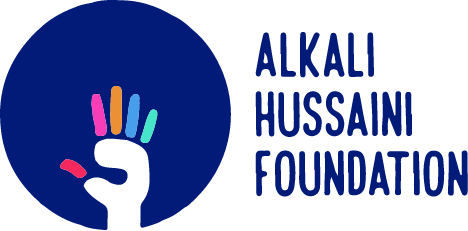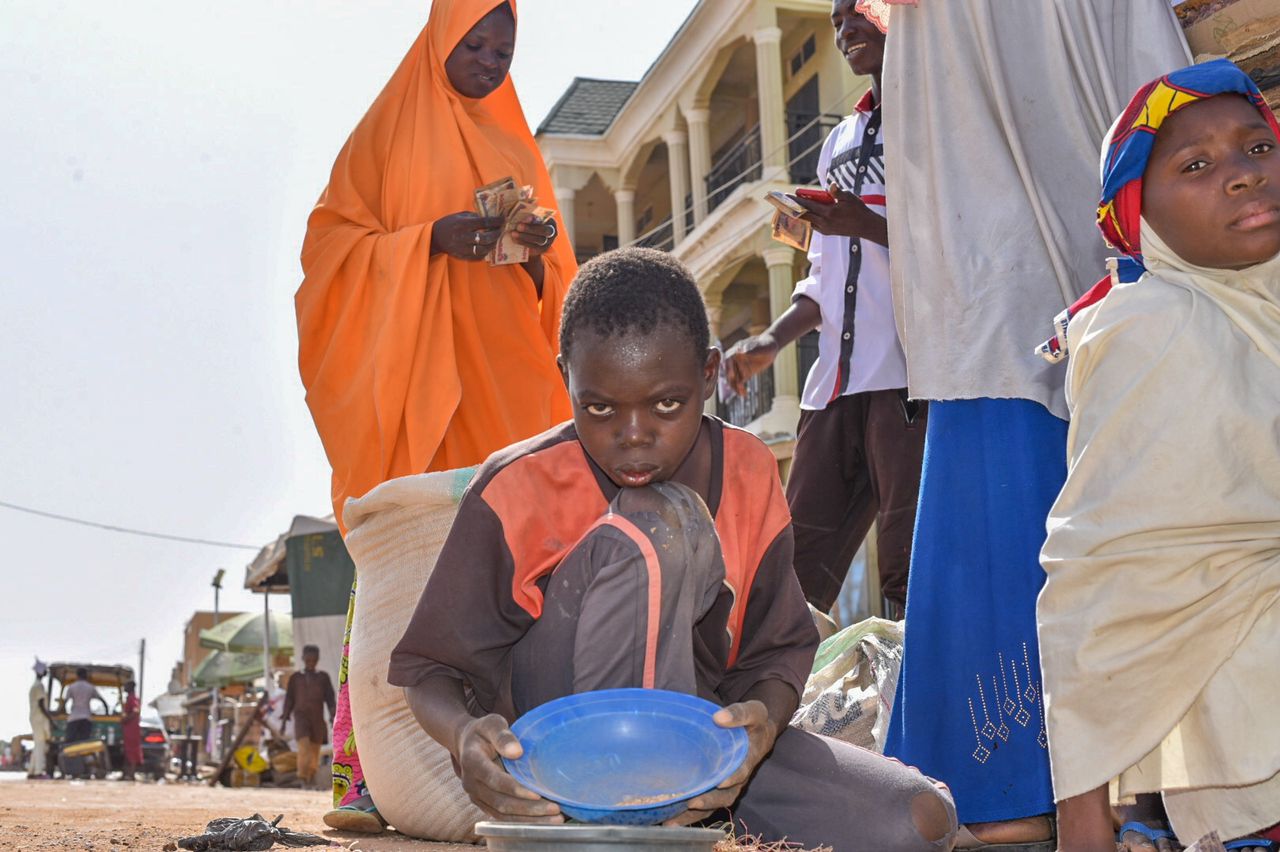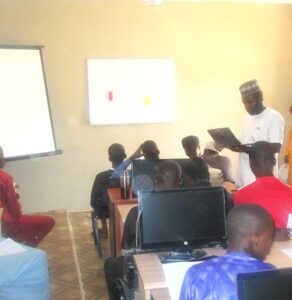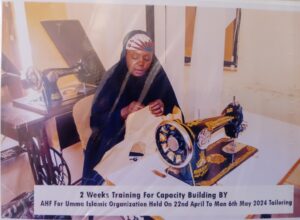The Dangers of Bara in Arewa
very child brought into this world deserves love and care, but above all, it is the child’s right to be trained well to be valuable to himself and the society he belongs to. Therefore, it is the collective responsibility of the society to raise generations of good and responsible young men and women that it would be proud to call its own. Bara (street begging) is a long-standing problem that is yet to be tackled.
It originated from a concept of education called Almajiranci; Almajiranci in the past is a system of learning where Muslim children are sent to famous scholars at a young age to learn Islamic knowledge. They would stay with the scholars till they graduate and alongside the Islamic knowledge, they learn handwork like farming, tailoring, blacksmithing, car parts repair, etc. Some do domestic chores for people, run errands, or fetch water as their day jobs which would help them earn money when their classes are not held. Many students passed through this system to become renowned scholars and because of this, it was allowed by the society and the government to continue till date.
Almajiranci in our time is a term that doesn’t settle well in the hearts of many Nigerians because of the kind of path these children are put upon. Parents today, tend to abandon their responsibilities as caretakers and send their children off to different states in Nigeria in the name of almajiranci. They neglect these children without looking back to know how they fend. This is of course a very convenient way of relieving oneself of the responsibility of financing one’s children’s upkeep. And because of this, it has long become common practice in the region.
When the covid-19 pandemic hit and many countries were looking for ways to limit the number of cases of affected individuals, the Nigerian government then realized our big of a problem the almajiri system was to the country. Prior to the Covid-19 outbreak, there was no recorded data on these children, and nobody was aware of how many they amounted to and the localities they came from. I would say one of the positives that Covid came with was making us aware of the statistics of the almajiri system and the dangers surrounding it. UNICEF reported after their findings two years ago that there were over 10 million children mostly aged 4-12yrs and out of school roaming the streets of Northern Nigeria in the name of almajiranci.
UNICEF (13 OCTOBER 2020) Muhammed, a returnee Almajiri, puts his dream back on track, Available at: https://www.unicef.org/nigeria/stories/muhammed-returnee-almajiri-puts-his-dream-back-track (Accessed: 10TH MAY 2022).
In Kaduna state alone, as reported by the Minister of Women Affairs and Social Development, as of the time the state was on lockdown due to Covid, they discovered over thirty-six thousand of them just roaming the streets with no home to go back to. This large number of children who are to be tomorrow’s leaders were just allowed to run amuck with no parental care and protection, no education, no healthcare, and no conducive environments to grow and thrive and yet, we expect Nigeria to remain conducive for our continuous habitation
Having been neglected by the system that created them, these children today, resolve to Bara (street begging) to feed daily and in the course of doing so, they pick up bad habits on the streets and become a nuisance to the society, and of course the easiest recruit target for any terrorist group. It would be easy for the terrorists to buy their loyalty with care and kindness since the rest of society is extremely unkind to them. It’s easier to turn them against the state as the state has neglected them. The easiest thing, of course, is getting information from them for a token which is the most dangerous thing that could happen because they know every nook and corner of all the streets they roam about and the occupants. So, it is to our detriment to not care for them and allow Bara to continue on our streets.
What then is the way forward? There have been some attempts by the government as well as private organizations to address the problem. The most remarkable approach I must say was during the tenure of President Goodluck Jonathan, who released 15 billion naira to address the problem by institutionalizing over 200 almajiri schools and introducing a conventional education to be taught alongside the Islamic knowledge. It worked for some but after the end of his administration, the government that came into power did not see it as a project worthy of continuity and it was cast aside. Today, those schools are wasting away and the children they were meant to rehabilitate are back on the streets begging for alms.
The Guardian (05 October 2019) Jonathan’s N15b almajiri schools rot away, Available at: https://guardian.ng/news/jonathans-n15b-almajiri-schools-rot-away/ (Accessed: 10TH MAY 2022).
Another was the code designed by his Highest Muhammad Sanusi Lamido Sanusi together with some religious leaders to address the problem. During a panel discussion in Abuja, he spoke about how critical it was for the government to take northern Nigeria’s rising population and the rising number of neglected children very seriously. He believed that before all else, some policies must be put in place like controlling the birth rate as well as the polygamous practice of the poor in Nigeria which is why he came up with “the code,” a concept on how almajiranci should be addressed in Nigeria. He believed that the government needs to put laws in place and hold the parents of these children accountable. He also argued that the government would be wasting its resources by only rehabilitating the almajirai and not addressing the root causes of the problem. “The code” was passed on to the government of his state as well as the Chairman of the Northern Governor’s forum and of course, just like President Goodluck Jonathan’s intervention project, it was cast aside.
Vanguard News (October 26, 2021) Almajiri not Islamic; unacceptable — Sanusi, Available at: https://www.vanguardngr.com/2021/10/almajiri-not-islamic-unacceptable-sanusi/ (Accessed: 10TH MAY 2022).
Last and the most recent attempt to address almajiranci in Nigeria, was the evacuation intervention program by Governor Nasir El-rufai of Kaduna state. When the world was on lockdown due to the Covid outbreak, over thirty-six thousand children were found roaming the streets of Kaduna with no one to care for them. Kaduna state with the help of UNICEF took down their data and successfully sent those not originally from Kaduna back to their respective states and provided facilities for the rehabilitation of those belonging to Kaduna state. According to the Minister of Women Affairs and Social Development, their reason for so doing was that they believe, bringing children into this world comes with responsibilities, and as such, parents must own up to their responsibilities as caretakers. Also, every child deserves to be under the care and protection of their parents not neglected on the streets begging for alms for survival
UNICEF (13 OCTOBER 2020) Muhammed, a returnee Almajiri, puts his dream back on track, Available at: https://www.unicef.org/nigeria/stories/muhammed-returnee-almajiri-puts-his-dream-back-track (Accessed: 10TH MAY 2022).




